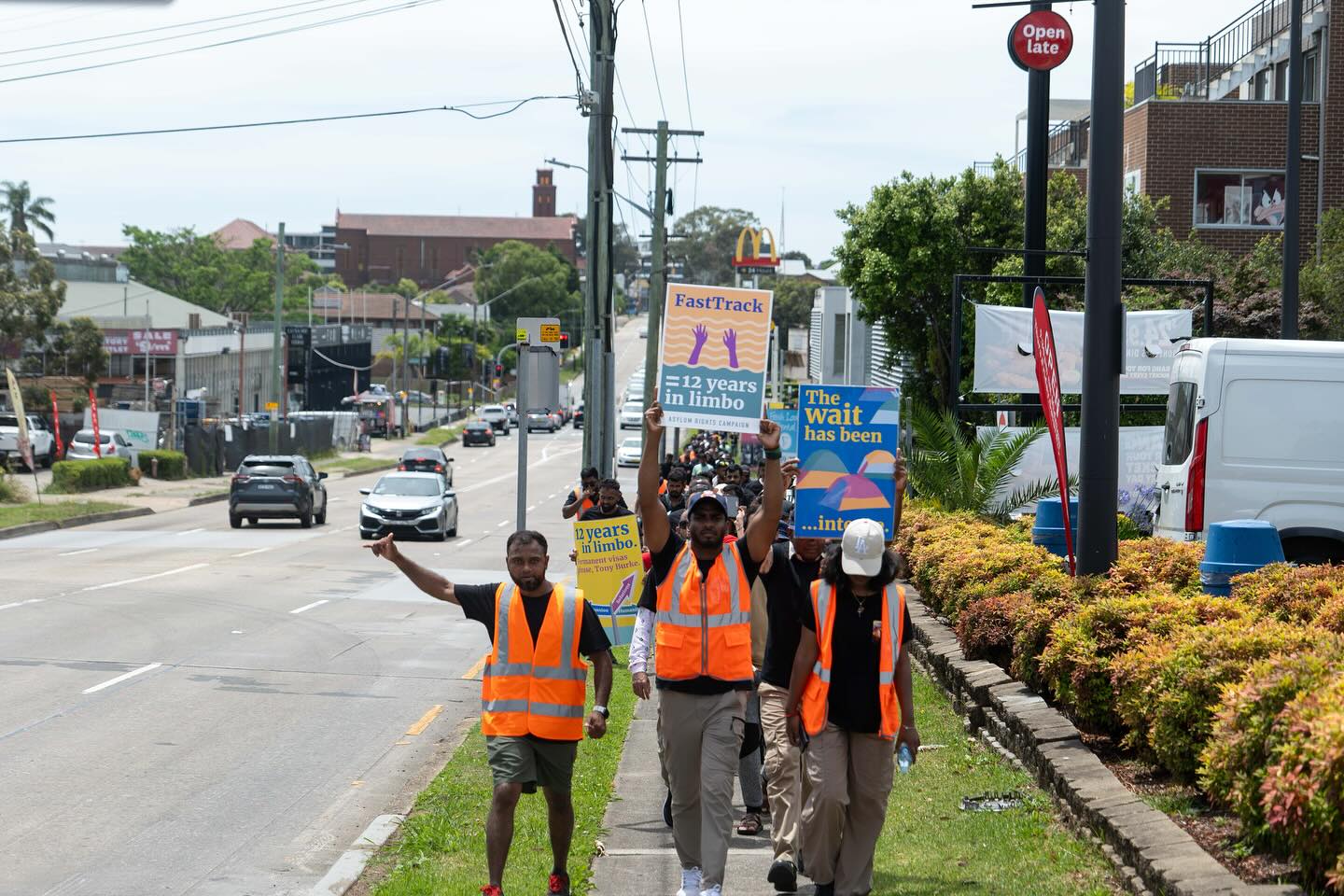Eighteenth amendment negates the 'wait for change' argument
The Sri Lankan parliament has passed the eighteenth amendment, which removes the two term limit on a President and transfers to the President the power to appoint individuals to commissions that, prior to the amendment, had been intended as quasi-independent bodies. Though the amendment itself has nothing to do with the ethnic question (and it is deliberately intended not to address that issue) it has consequences for those seeking a just solution to the island’s protracted problem that have to be acknowledged. A full list of the changes contained in the eighteenth amendment can be accessed from other places (see for instance http://www.groundviews.org/2010/09/02/the-18th-amendment-to-the-constit…) and numerous analysts and observers have commented on why this is a regressive step for the Sri Lankan polity in general (http://www.youtube.com/watch?v=OAT8WpN72NY), so this article will not look at those, but rather focus on the effects on this constitutional change on the ethnic question.
The most significant alteration introduced by the amendment is the change to Article 31 of the Sri Lankan Constitution, which sets the two-term limit on all Presidents. While others have focused on the possibility of authoritarianism as a result of the incumbent being reelected continuously – which is no insignificant matter – this also has practical consequences for the ethnic question and how other players (such as the Sinhalese public, the Tamil population, the Diaspora, the international community, etc) deal with Sri Lanka in the future. For by removing the 12 year maximum limit for any single President, this amendment makes the current President and his government a ‘fact of the ground’ that has to be dealt with.

